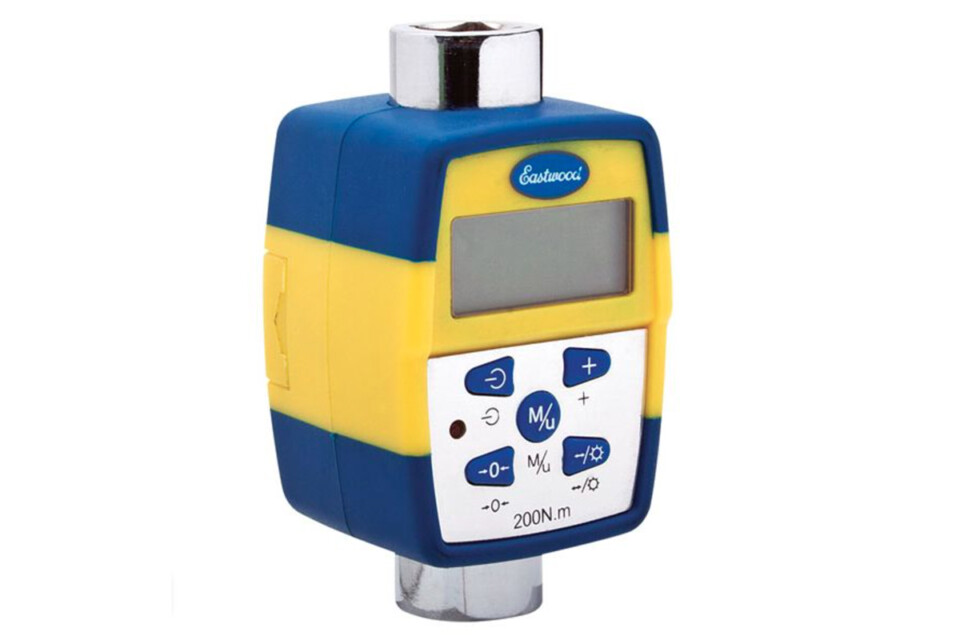We often take for granted that a precision tool will always perform up to its expected standards. So, we were surprised one day when we casually decided to check the accuracy of our veteran height mic with a dial caliper only to discover that the height mic indicated a reading was in error by almost 0.012 inch. This isn’t a deal breaker by any means, but it was a bit of a surprise. Then we checked the accuracy of the dial caliper just for fun and it was within 0.001 inch of a quality standard that we know is accurate.
The point is, that over time, a precision tool can lose its accuracy so it’s best to regularly check them against a standard. This is especially true with micrometers and items like clicker-style torque wrenches. We performed a test a number of years ago with the help of a company that does Federal Aviation Agency (FAA)-certified calibration work. Cornerstone Metrology in Van Nuys, California did a test for us that showed a 5 lb-ft loss of accuracy when the wrench was left tightened at 70 lb-ft for three months. The wrench clicked at 70 lb-ft when in fact it had only torqued to 65 lb-ft.
Besides having a precision tool calibrated (or calibrating them yourself) on a regular basis, there are some preventative measures you can take to help maintain the accuracy of your tools. For example, with a click-style torque wrench, always return it to a very low setting like 10 lb-ft when sitting in your toolbox. With micrometers and calipers, make sure to store them in a place with as little humidity as possible and keep the measuring surfaces from touching each other while stored.

Digital torque wrenches are expensive, but several companies now make a digital torque adapter that fits in between a 1/2-inch drive breaker bar and the fastener you wish to torque. Generally, these adapters will display a series of lights or may emit an audible beep when the proper torque has been achieved.



